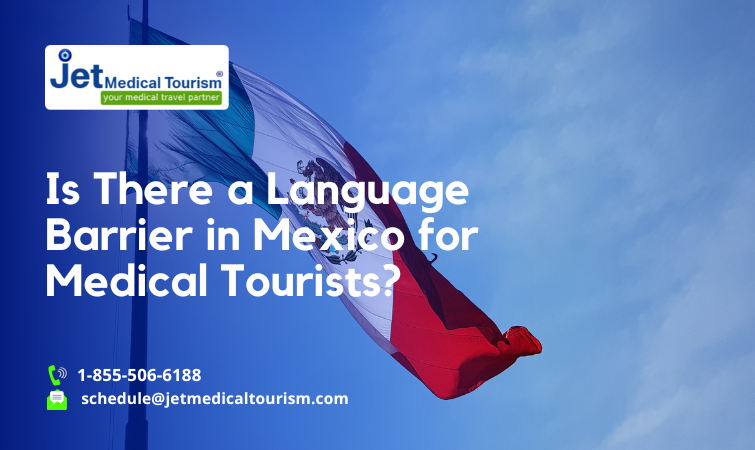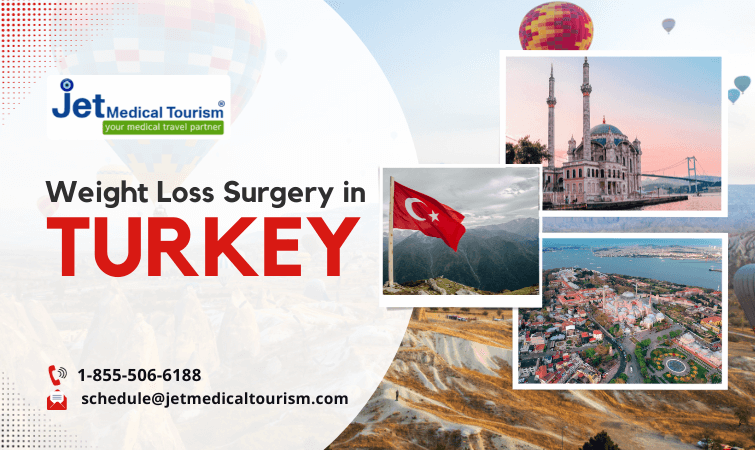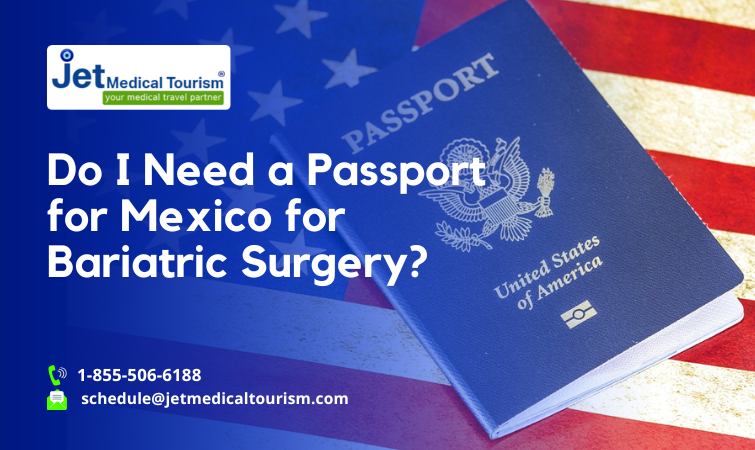Is There a Language Barrier in Mexico for Medical Tourists?
As Mexico continues to grow as a hub for medical tourism, especially for bariatric and plastic surgery, many patients from the United States find themselves considering travel for high-quality, affordable care. Cities like Tijuana have established a strong reputation for offering access to skilled surgeons, modern medical facilities, and shorter wait times—at significantly lower costs compared to the U.S.
Still, one concern that commonly arises among prospective medical travelers is the issue of language.
“What if I don’t speak Spanish? Will that affect my ability to communicate with my surgeon or understand post-operative care instructions?”
This article explores the realities of language use in Mexican medical tourism and provides insight into how patients navigate potential barriers while receiving care abroad.
Why Communication Is Essential in Medical Travel
Regardless of where you undergo surgery, effective communication is critical in healthcare. Whether you’re preparing for bariatric surgery or undergoing cosmetic procedures, you must be able to:
- Share your complete medical history
- Clearly understand the procedure being performed
- Receive accurate post-operative instructions
- Ask questions about medications, pain management, and recovery
- Feel comfortable discussing any complications or emergencies
Poor communication in medical settings can lead to misunderstandings, improper care, or post-operative confusion—all of which can increase risks and reduce patient satisfaction. That’s why medical tourists should choose healthcare providers and facilitators who can bridge any potential language gaps.
How Common Is English in Mexico’s Medical Tourism Sector?
In major medical tourism destinations such as Tijuana, Monterrey, and Cancun, English is widely spoken among healthcare professionals who work with international patients. Hospitals and clinics that cater to Americans often structure their services with language accessibility in mind.
Here’s why English is not typically a barrier in the medical tourism setting:
- Many surgeons serving international patients have received training or certification in the United States or Canada, where English fluency is expected.
- Private hospitals and specialty clinics often have bilingual teams, including administrative staff, coordinators, nurses, and anesthesiologists.
- The majority of international patients come from English-speaking countries, creating a clear incentive for providers to ensure clear and effective communication.
In most cases, patients undergoing bariatric or plastic surgery in Mexico report being able to communicate comfortably in English throughout their medical experience, especially when choosing clinics that regularly work with medical tourists.
What to Expect When Traveling for Surgery in Mexico?
While English is commonly spoken in medical settings, the overall experience can vary depending on the provider, location, and support services arranged. A few areas where language may impact the experience include:
1. Communication with Surgeons and Medical Staff
At reputable clinics, consultations, pre-operative evaluations, and discharge instructions are typically conducted in English. Surgeons often have experience working with U.S.-based patients and are accustomed to answering questions about procedures, risks, and recovery in clear, fluent English.
2. Hospital Support and Nursing Staff
Nursing staff in private hospitals and surgical centers often have at least conversational proficiency in English. Facilities that frequently serve international patients are more likely to have bilingual teams and signage in English throughout the premises.
3. Transportation and Accommodation
Outside the hospital, English proficiency can vary. While many hotels in medical zones have bilingual staff, communication with local taxi drivers, hotel housekeepers, or store employees may require more patience or the use of translation apps. Some patients prefer working with medical tourism coordinators or agencies that arrange transportation and lodging with English-speaking partners.
READ: Do I Need a Passport to go to Mexico for Bariatric Surgery?
Minimizing Language Challenges Through Planning
Language barriers, when they do arise, are usually minor and manageable. Patients can reduce the likelihood of confusion by:
- Choosing a medical provider or facilitator that specializes in international care
- Verifying that consultations and follow-ups will be conducted in English
- Preparing questions in advance and asking for written instructions in English
- Using translation apps or phrasebooks for everyday communication outside the clinic
For patients using a medical tourism service, language support is often built into the process, with bilingual coordinators assisting before, during, and after the trip. Some providers go a step further by offering English-speaking drivers and pharmacy assistance.
Patient Experience: Language in Practice
Most patients who travel to Mexico for surgery find that communication within the medical setting is smooth and professional. Many report that their surgeons and care teams spoke fluent English, that their post-op instructions were easy to follow, and that they felt comfortable asking questions throughout the process.
Language barriers are more likely to be encountered during non-medical parts of the trip—at local restaurants, shops, or during unscheduled travel. However, these moments are often brief and manageable, particularly when patients stay within recommended facilities and rely on vetted transportation or hotel providers.
How Jet Medical Tourism Ensures Seamless Communication
As a professional medical tourism facilitator, Jet Medical Tourism understands the importance of clear communication at every stage of your healthcare journey. Our team is committed to providing a fully bilingual experience.
Here’s how we help eliminate language concerns:
1. Dedicated Bilingual Patient Coordinators
From your initial inquiry through post-surgical follow-ups, you will work directly with English-speaking patient coordinators.
They handle:
- Consultation scheduling
- Medical record coordination
- Treatment explanation
- Travel arrangements
2. Pre-Surgery Consultations in English
Before you travel to Mexico, we ensure that you meet with your surgeon virtually in English, providing you with full clarity about the procedure, preparation, risks, and expected results.
3. In-Person Support in Mexico
Upon your arrival, a local English-speaking representative will assist you with:
- Airport pick-up
- Hospital admissions
- Post-operative check-ins
- Discharge and return travel coordination
4. Post-Surgery Follow-Up
Communication doesn’t end after surgery. We provide continued support after your return home, offering virtual follow-up appointments in English to ensure proper healing and patient satisfaction.
Conclusion
Language concerns are valid and important when planning for medical care abroad. However, in the context of medical tourism in Mexico—particularly in well-established centers like Tijuana—English is widely used in medical settings, and communication is rarely a barrier for international patients.
Patients who take the time to research their providers and work with experienced coordinators typically find that communication during consultations, surgery, and recovery is clear and professional. With proper planning and the right support, language differences can be navigated effectively, allowing patients to focus on their care and recovery with confidence.







